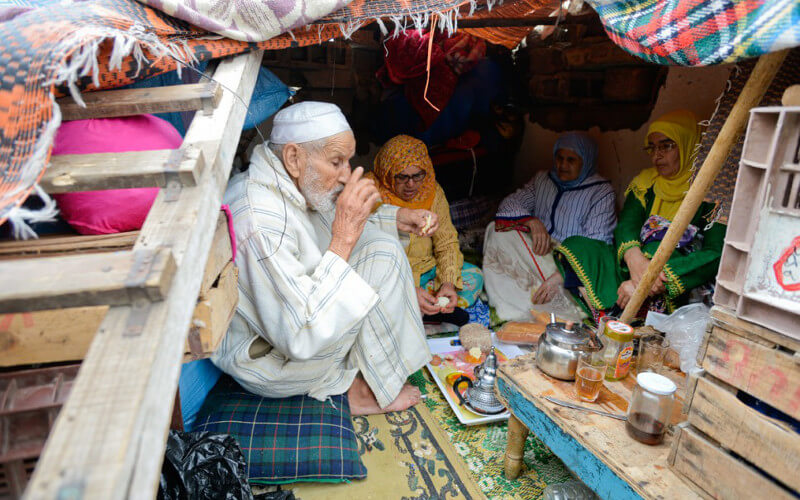Oxfam Report: Morocco’s Economic Growth Fails to Address Wealth Inequality

As Morocco prepares to hold "Tax Conferences" on May 2 and 3, Oxfam called on Monday to make taxation "an instrument for reducing inequalities" while noting that in Morocco, growth benefits "a very small number of very wealthy people." According to the NGO, "Neither the continuous growth over the past twenty years, nor the progress made in terms of poverty reduction have been sufficient."
In a report entitled "An Egalitarian Morocco, Fair Taxation", Oxfam noted that "Morocco is one of the most unequal countries in North Africa and in the more unequal half of the planet", while insisting in particular on the tax system which remains, according to this international NGO, "ineffective in the fight for better redistribution of wealth."
Citing multinationals by name, the organization also denounces the tax privileges granted to them, as is the case for example of the car manufacturer Renault through the free zones. To further substantiate its argument in the face of this rather gloomy picture presented by the kingdom, Oxfam observes that "the three richest Moroccan billionaires held $4.5 billion among them, while at the opposite extreme, 1.6 million people" out of 35 million inhabitants were in "a situation of poverty."
Citing other reasons that have led to this situation, Oxfam cites the tax losses suffered by Morocco "due to the tax evasion practices of multinationals." But also the value added tax (VAT), which represents 30% of the country’s tax resources, but which "does not apply to many sectors, either because they have been exempted, or because they mainly belong to the informal sector."
To all this is added the income tax which represents nearly a fifth of the country’s tax resources, but "many potential taxpayers, mainly in the informal sector, escape it, leaving three quarters of the revenue on public and private employees," notes the NGO which says it observes almost the same thing, concerning corporate tax which nevertheless constitutes a quarter of tax revenues, while "a large part of the companies escape it in practice."
Related Articles
-

Morocco’s Billion-Dirham Souk Revolution: Modernizing Tradition for Rural Prosperity
1 October 2025
-

EU-Morocco Trade Deal Expands to Sahara, Sparks Economic Shift
30 September 2025
-

Fuel Station Owners Ignite National Strike Over Black Market Crisis
30 September 2025
-

Morocco Cracks Down on Dormant Firms: Tax Evasion Crackdown Targets Inactive Businesses
30 September 2025
-

Electric Car Race Heats Up: Morocco and Turkey Vie for Europe’s EV Gateway
30 September 2025